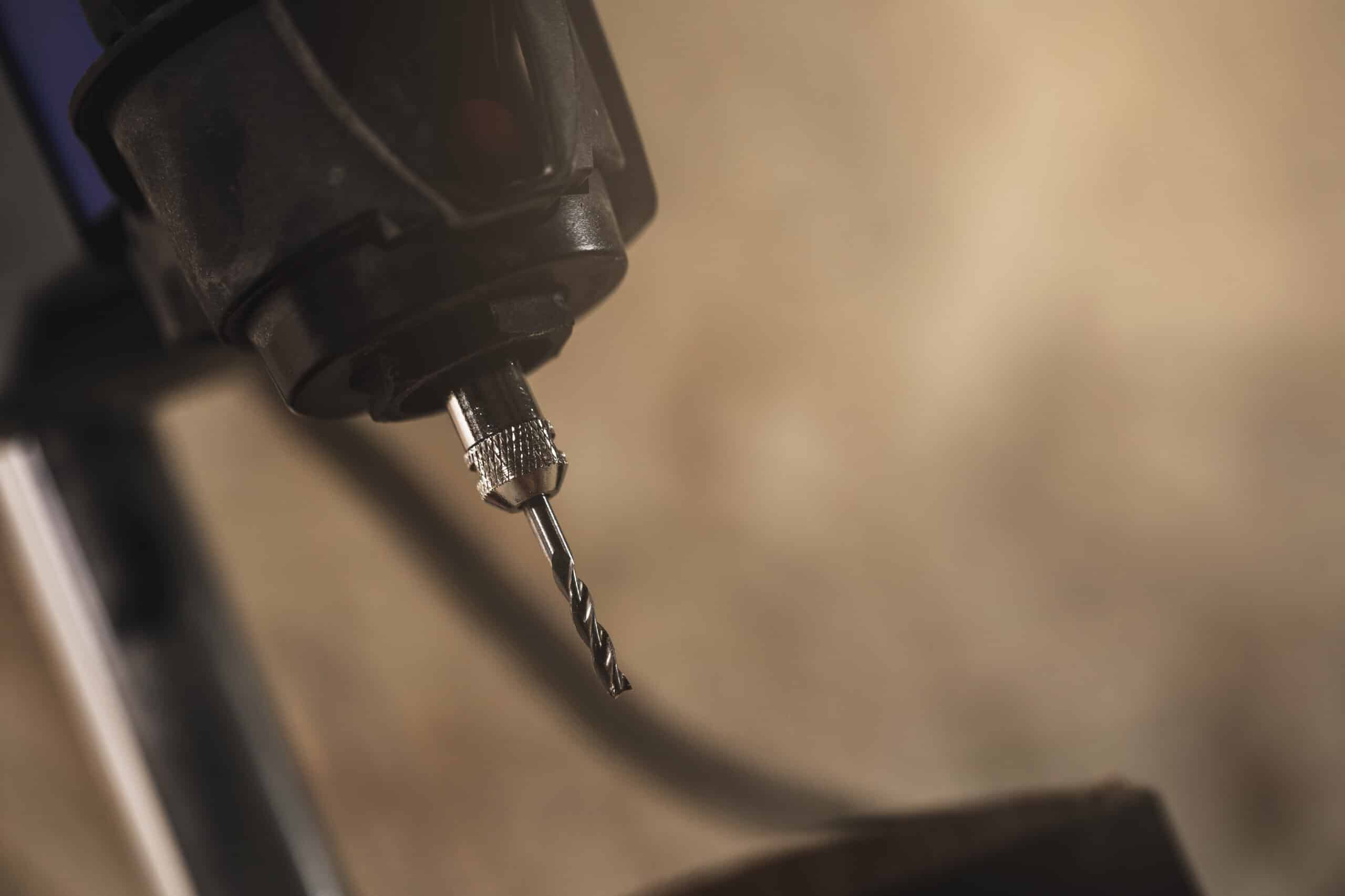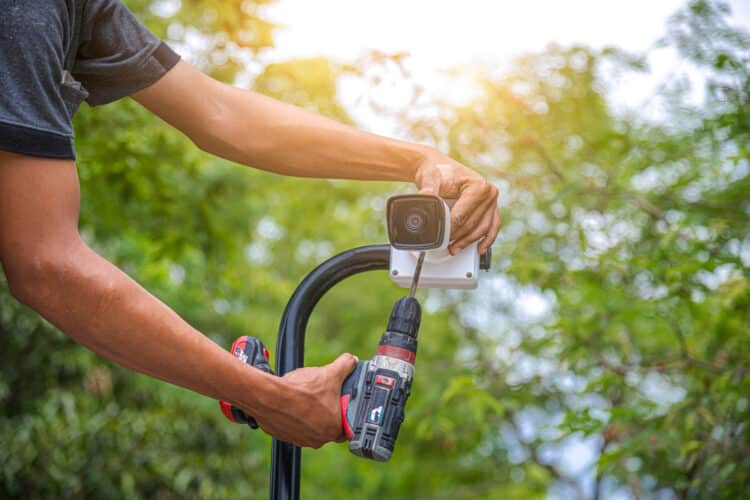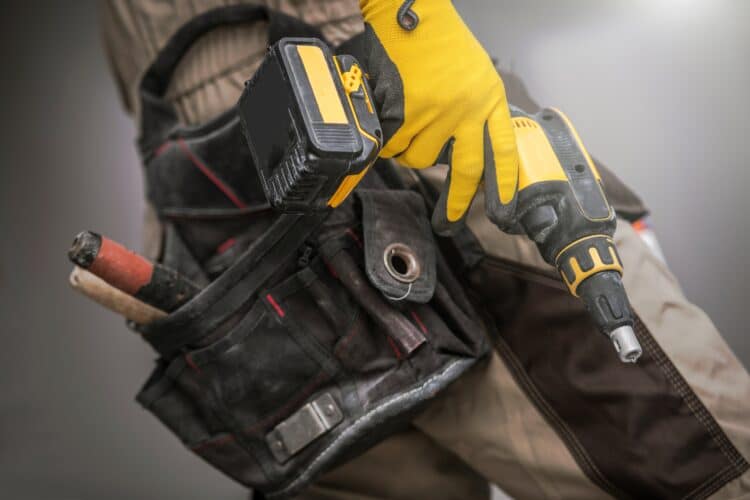Why Would You Want a Corded Drill?
Key Takeaways
- Corded drills offer more power and torque, making them ideal for heavy-duty projects that require drilling through tough materials like concrete or metal.
- Corded drills provide consistent and reliable performance throughout the duration of use, as they do not rely on batteries that can drain and impact effectiveness.
- Corded drills have a longer operating time and do not require battery charging, allowing for continuous use and eliminating downtime.
When it comes to power tools, one of the most common debates among DIY enthusiasts and professionals is whether to choose a corded drill or a cordless drill. Both options have their advantages and disadvantages, but in this article, we will focus on why you would want a corded drill. Corded drills offer several benefits that make them a preferred choice for many individuals, particularly for projects that require sustained power and torque. Let’s explore these advantages in detail.
More Power and Torque
One of the primary reasons to choose a corded drill over a cordless drill is the power and torque they offer. Corded drills are typically stronger and can deliver higher torque compared to their cordless counterparts. With their direct power supply from an electrical outlet, corded drills can tackle heavy-duty projects with ease. This makes them an ideal choice for tasks that require drilling through tough materials like concrete or metal.
According to Handyman’s World, corded drills can deliver around 420 inch-pounds of torque, which is significantly higher than what most cordless drills can provide. This extra power allows you to work more efficiently and complete your projects faster.
Consistent Performance
Unlike cordless drills that rely on batteries, corded drills offer consistent and reliable performance throughout the duration of use. Cordless drills may experience power loss as the battery drains, which can impact their effectiveness. On the other hand, corded drills operate as long as they are plugged into an electrical outlet, ensuring uninterrupted power flow.
With a corded drill, you don’t need to worry about your battery running out in the middle of a project or losing power as the battery ages. This reliability is particularly crucial for tasks that demand sustained drilling power or those that require precision and accuracy.
Longer Operating Time
Another advantage of corded drills is their ability to operate continuously as long as they are plugged into an outlet. This makes them suitable for long projects or tasks that require sustained drilling power. With a corded drill, you won’t have to worry about recharging or replacing batteries, allowing you to work without interruptions.
According to Tools Advisor, corded drills have a longer lifespan compared to cordless drills. This means that you can rely on your corded drill for years to come, saving you money on frequent battery replacements that may be necessary with cordless drills.
No Need for Battery Charging
One of the most significant advantages of corded drills is that they eliminate the need for battery charging. Corded drills are always ready to use once plugged into an electrical outlet. You don’t have to wait for batteries to charge or worry about forgetting to charge them before starting your project.
This eliminates the risk of running out of battery power in the middle of a task and reduces downtime. With a corded drill, you can simply plug it in and start working right away, saving you time and ensuring maximum productivity.
Lower Cost
Corded drills generally have a lower upfront cost compared to cordless drills. This is particularly true for professional-grade models. According to Pro Tool Reviews, corded drills tend to be less expensive, making them a more budget-friendly option, especially for individuals who don’t want to invest heavily in power tools.
Additionally, corded drills do not require battery replacements, which can save on maintenance costs in the long run. While cordless drills may require new battery packs periodically, corded drills only need occasional brush replacements, resulting in lower overall expenses.
Conclusion
When considering whether to choose a corded drill or a cordless drill, it’s essential to evaluate your specific project requirements and preferences. However, if you prioritize power, consistent performance, longer operating time, no battery charging, and a lower upfront cost, a corded drill is the way to go.
Corded drills offer more power and torque, ensuring that you can tackle even the toughest projects with ease. They provide consistent and reliable performance throughout the duration of use and have a longer lifespan compared to cordless drills. With no need for battery charging, you can start your projects right away, maximizing productivity. Additionally, corded drills are generally more affordable, making them an economical choice for both DIY enthusiasts and professionals.
While cordless drills have their advantages and may be more suitable for certain applications, corded drills offer a range of benefits that make them a popular choice among individuals who prioritize power, reliability, and cost-effectiveness.
Related Websites:
FAQs:
Q: What are the advantages of using a corded drill?
Using a corded drill offers several advantages. First, it provides consistent power supply, ensuring uninterrupted drilling. Second, corded drills have higher torque and speed capabilities, making them more powerful and efficient. Lastly, they are cost-effective as they are generally more affordable and do not require battery replacements.
Q: In which specific applications do corded drills excel?
Corded drills excel in heavy-duty and prolonged drilling tasks. They are suitable for drilling in tough materials like concrete and metal. Additionally, corded drills are preferred in professional and workshop environments due to their reliability and the presence of power outlets.
Q: What are the limitations of corded drills?
Corded drills have limitations regarding mobility and portability. The cord length restricts movement, and a power source must be nearby. Safety considerations include the risk of tripping on cords and potential electrical hazards.
Q: Should I consider my specific needs before choosing a corded drill?
Yes, it is advisable to consider your specific needs before deciding on a corded drill. Assess factors such as the type of tasks you will be performing, the required power and durability, as well as the need for mobility or portability. This will help you make an informed decision.





